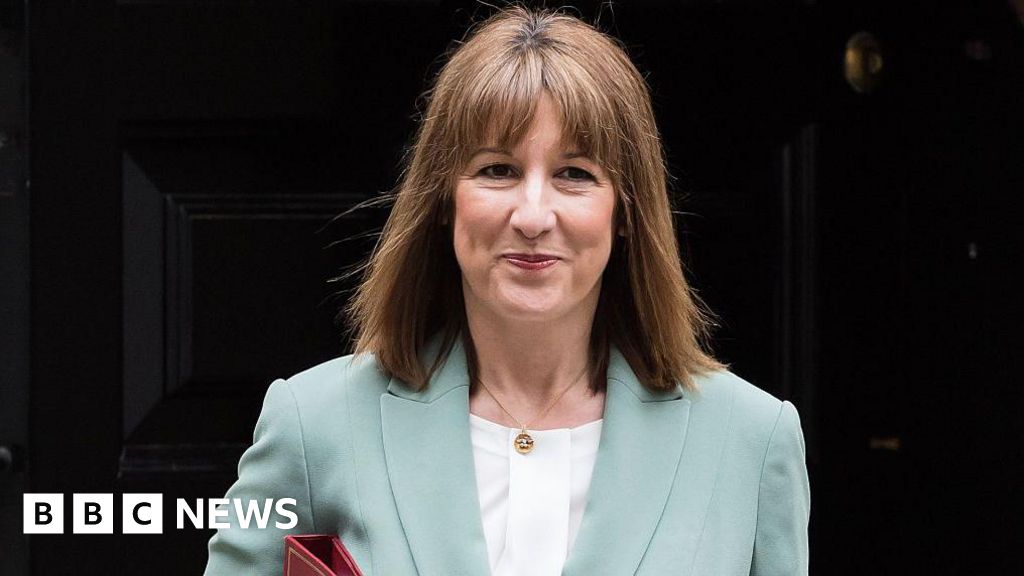
"But at 3.8% in the year to September, inflation remains considerably above the Bank's target and while that persists, consumers may remain jittery about spending, uneasy about the future path of prices. After all, during the spike in inflation a couple of years back, they experienced the equivalent of more than a typical decade's worth of price rises in just two years. They, and their finances, are scarred."
"Sectors such as hospitality are most likely to have seen their wage bills rise substantially - analysts suggest by as much as 10% - due to government policies such as higher minimum wages and tax increases over the past year. But there are signs that things are settling down - food prices eased for the first time in months in September, as the impact of higher commodity prices fades a little."
"While food makes up a relatively small part of the basket of goods and services used to measure inflation, it is the most visible form of price rises. Meanwhile, economists feel that the impact of some of the other higher costs firms have been passing on may be peaking. Economists expect inflation to fall back towards the 2% target next year."
Inflation was 3.8% in the year to September, remaining well above the Bank of England's 2% target. Consumers remain cautious after experiencing unusually rapid price rises over the past two years. Inflation in services, such as hotels and restaurants, remains stubborn, and hospitality wage bills may have risen by as much as 10% due to higher minimum wages and tax changes. Food prices eased in September as commodity pressures faded. Economists expect inflation to move back toward 2% next year. Average wages are outpacing inflation for many, and some benefits may be uprated by about 6% next spring. The Chancellor indicated dissatisfaction and hinted at support in the November Budget.
Read at www.bbc.com
Unable to calculate read time
Collection
[
|
...
]